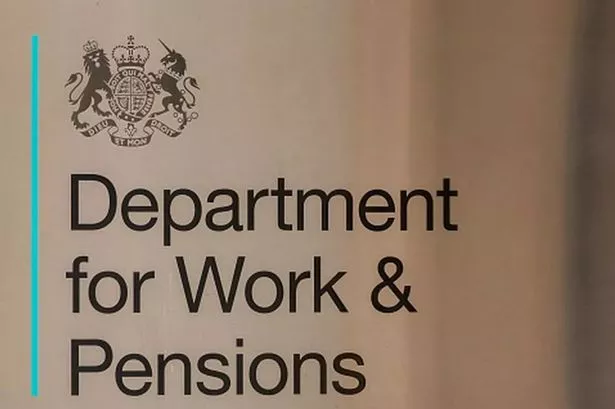The current cost of living crisis has created a perfect storm for fraudsters. With many vulnerable individuals desperate for financial assistance. This has led to an increase in scams targeting those most in need. Offering them a one-off payment or financial aid in exchange for personal information.
The Department of Work & Pensions (DWP) has issued an urgent warning to individuals to be vigilant and report suspicious activity. They have emphasised that eligible individuals do not need to apply for government assistance and that all payments are automatic. They also warn that they will never ask for personal details via SMS or email.
Phishing Scams: What You Need to Know
Fraudsters are taking advantage of the current financial situation by sending out text messages offering recipients a one-off payment of £400. The message directs them to an online form where they are asked to provide both personal and financial details. These details are then harvested and stolen by the fraudsters.
In another scam, fraudsters impersonate major energy suppliers and threaten to cut off the recipient’s supply if they fail to reply to the text. The message claims that the recipient’s latest payment has not gone through, and their gas or electricity is in danger of being disconnected.
Energy suppliers have released multiple statements during the cost of living crisis to reassure their customers that these text messages are a scam and have not been sent by them.
Understanding the Scale of Phishing Scams in the UK
Phishing scams continue to be a significant threat to individuals in the UK, with many people falling victim to these types of attacks. According to recent reports, the average cost of a phishing attack for an individual is around £3,000, with some victims losing even more.
In 2021, the National Fraud Intelligence Bureau received over 230,000 reports of phishing scams, with losses totalling over £160 million. These losses can be life-changing for individuals, leaving them with financial difficulties and personal violations.
Moreover, recent data shows that phishing scams are becoming more sophisticated, with attackers using advanced tactics such as social engineering and impersonation to trick individuals into providing sensitive information.
How to Protect Yourself from Cost of Living Scams
It is essential to remain vigilant and take steps to avoid becoming a victim of fraud. Follow these tips to protect yourself:
- Be cautious of unsolicited messages. If you receive a message offering a one-off payment, be wary, and don’t click on any links or fill out any forms.
- Verify the source. Check the message’s legitimacy by contacting the DWP or energy supplier directly. Remember that these organisations will never ask for your details via text or email.
- Report the fraud. If you suspect that you have been targeted by a phishing scam, report it immediately to the authorities. The quicker you act, the more likely it is that the fraudsters will be caught.
- Stay informed. Keep up to date with the latest scams by following news alerts and reading updates from organisations such as the DWP and Action Fraud.
Don’t Let Fraudsters Take Your Hard-Earned Money
Fraudsters will use any opportunity to defraud people out of their hard-earned money. They often exploit government schemes, natural disasters, and humanitarian campaigns. It’s crucial not to underestimate how far they will go to achieve their goal.
The last few years have shown that fraudsters will even use global pandemics to accomplish their mission. If you believe you have been a victim of fraud or a phishing scam, report it immediately to the authorities. Don’t let fraudsters take advantage of you or others during these times of uncertainty.



